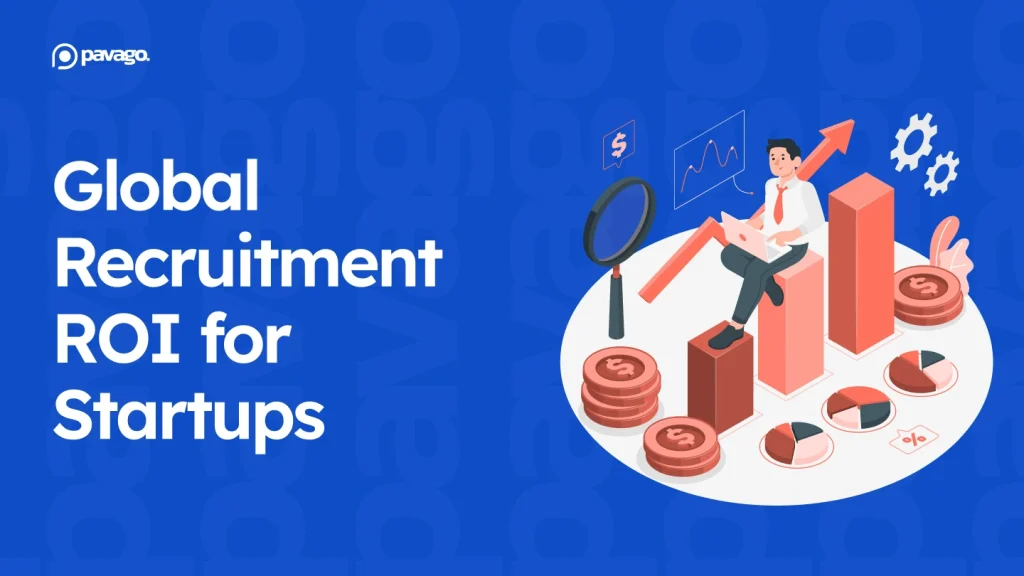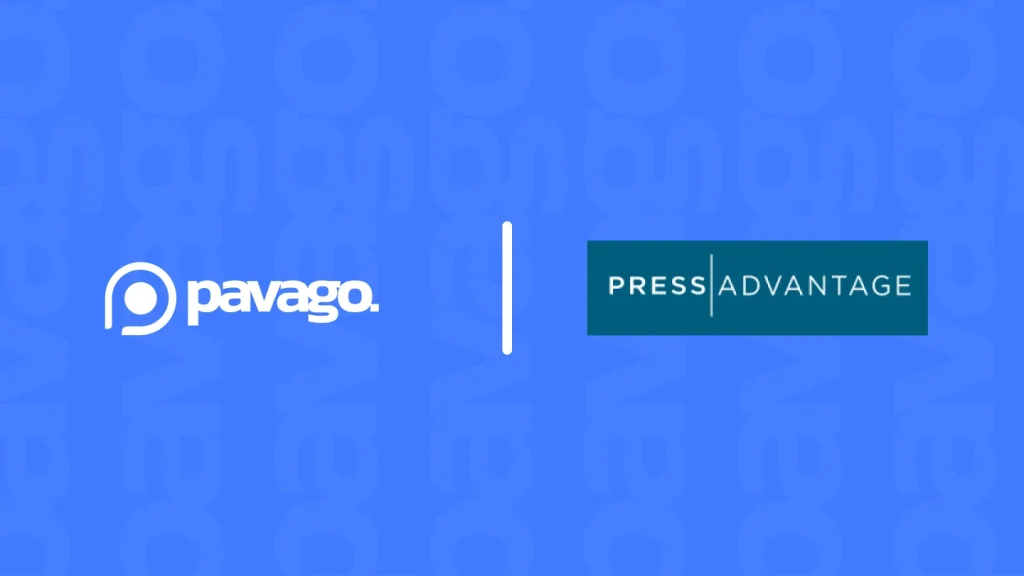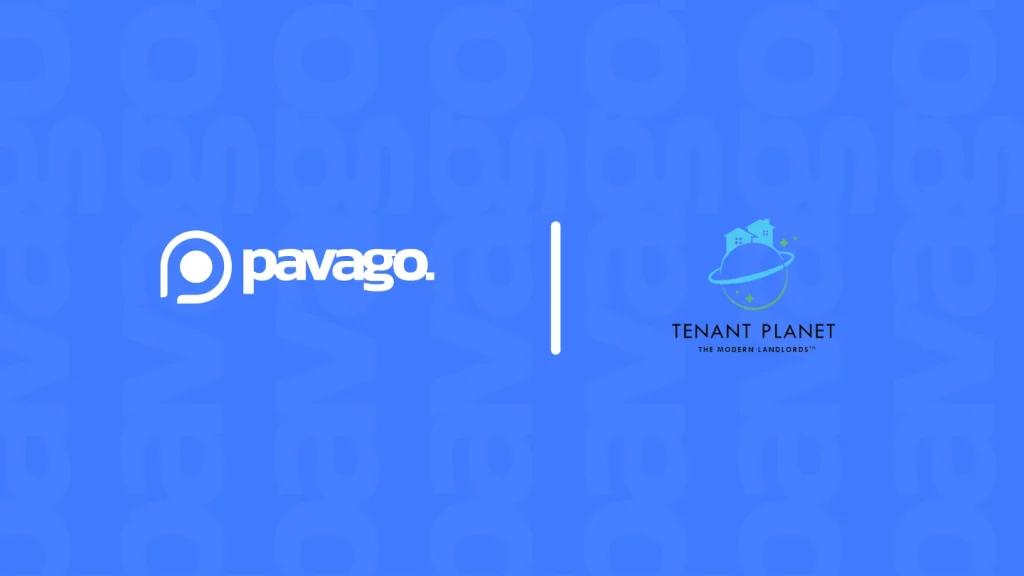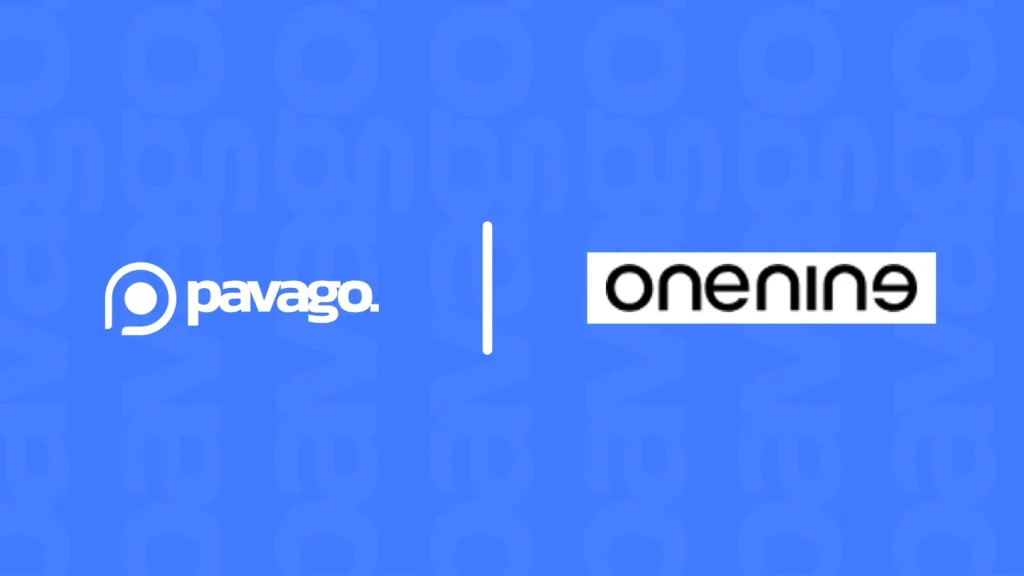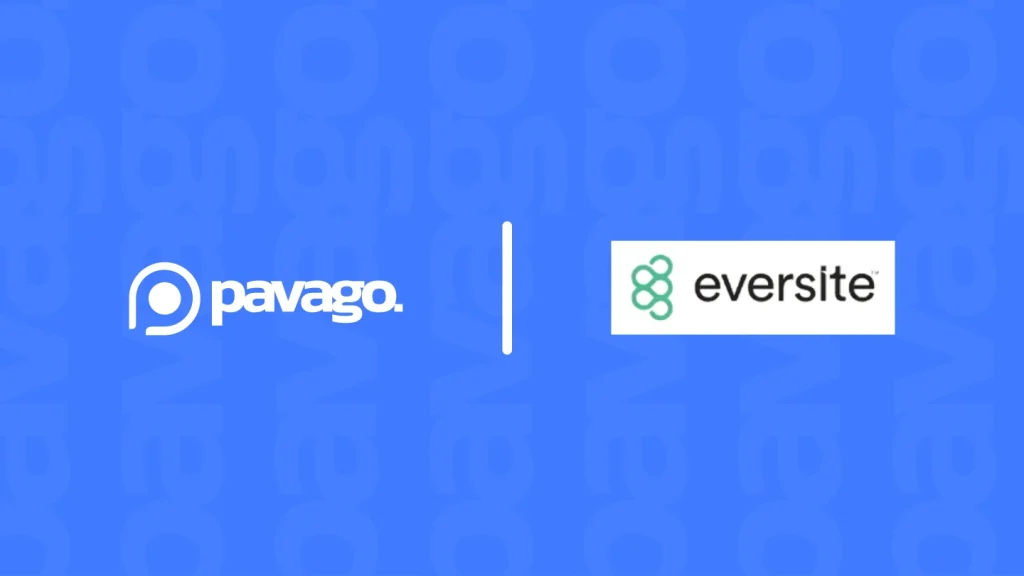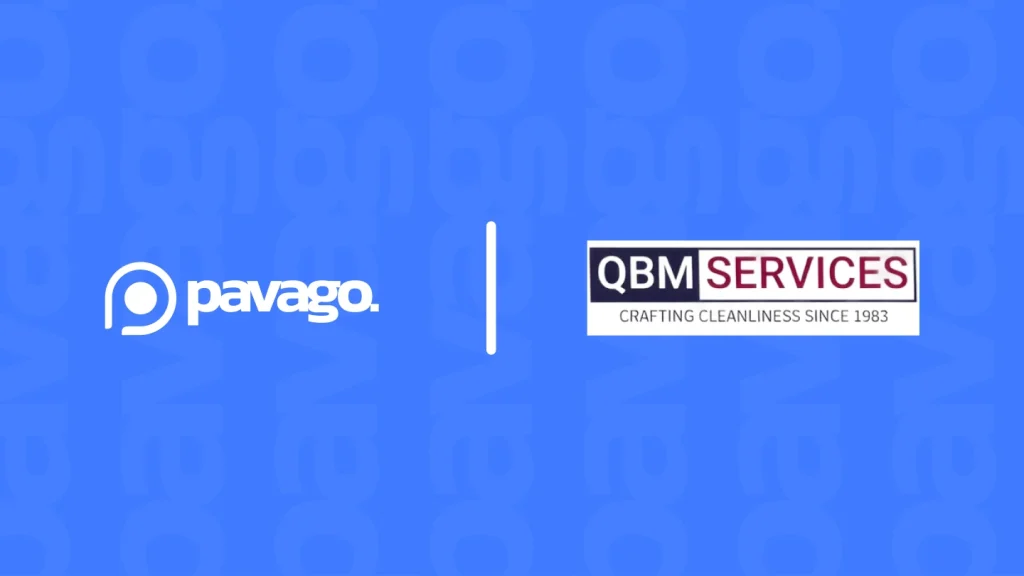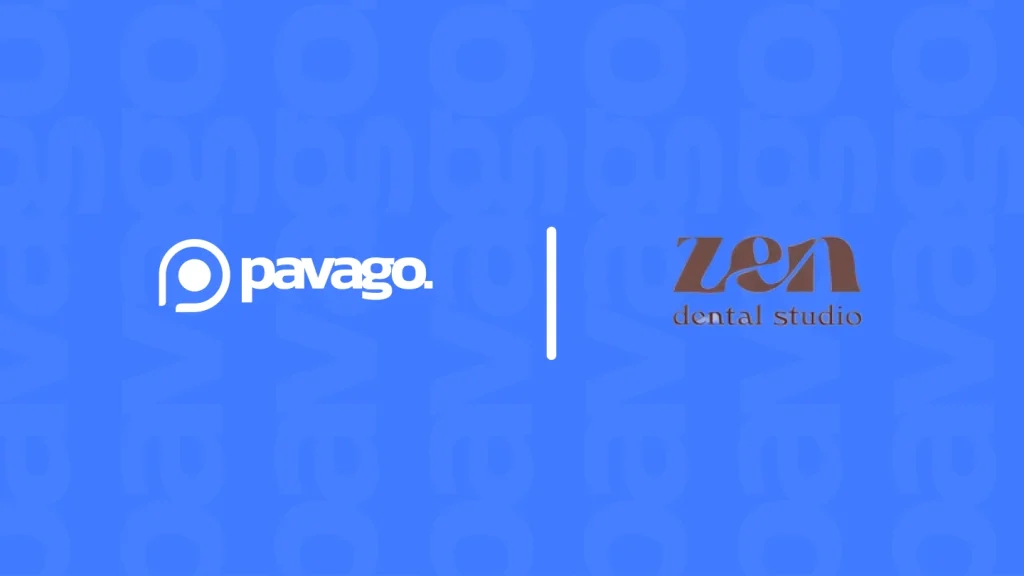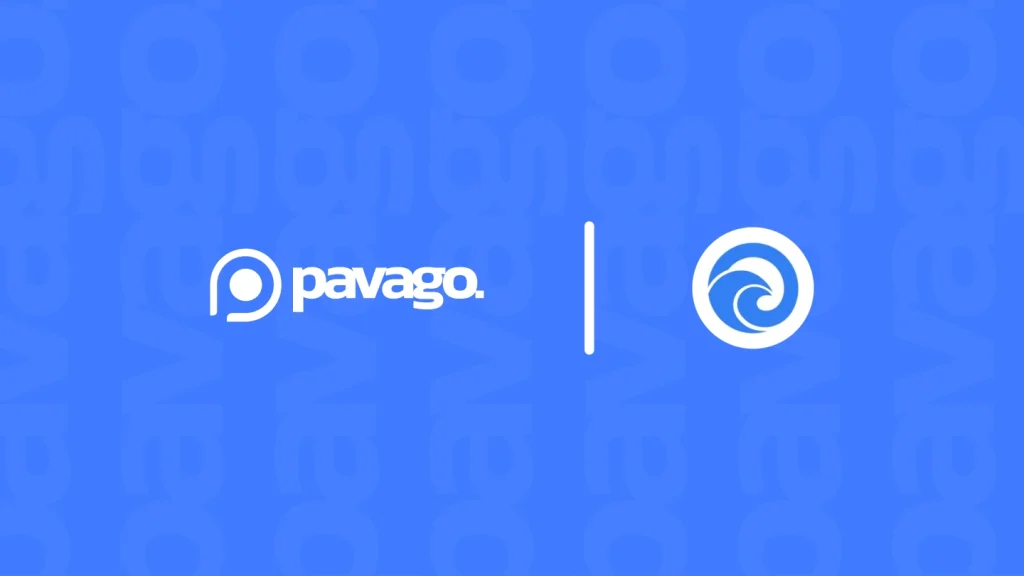Picking a global recruitment agency isn’t about grabbing a “top 10” name and hoping for the best.
For a startup, ROI comes down to a few hard truths: how predictable the cash outlay is, how fast you can fill the seat without lowering the bar, whether the hire actually sticks, and – if you’re hiring across borders – whether payroll, contracts, and compliance are handled without surprises.
This guide keeps it simple. Instead of hype, you’ll get:
- a practical way to judge ROI
- a clear look at the main models for global recruitment solutions (contingency, retained search, RPO, and EOR)
- the benchmarks that matter (time-to-hire, cost-per-hire, guarantee windows, and real-world employment costs abroad)
- a quick back-of-the-envelope ROI check you can run before you sign, and a due diligence checklist to pressure-test any global recruitment consultant.
Read this first, then choose the model and agency that fits your stage, roles, and risk tolerance.

What “ROI” actually means in recruiting (for a startup)
In finance terms, recruiting ROI is not just “fee divided by salary.” You’re trading money and time today for a productive employee tomorrow. For startups running on runway, four drivers matter most:
1. Cash outlay and predictability
Traditional agencies bill permanent placements as a percentage of first-year compensation – most commonly 15–25% – while some specialized searches run higher. That’s real cash concentrated up front.
If you’re comparing to subscription or RPO models, adjust for the timing of the cash, not just the total.
2. Speed to productivity
Vacant seats are expensive. Across markets, time-to-hire routinely lands in the ~42–44 day range, and it has ticked up in recent years.
Longer cycles inflate vacancy cost and raise the odds your best candidates get snapped up, which is why Pavago helps you hire A-players globally within 21 days.
👉🏼 Talk to Us
3. Quality and stickiness
If a hire falls out in the first few months, you don’t just lose the fee; you re-incur vacancy cost and onboarding time.
Many firms advertise replacement guarantees in the 30–90 day band; some large players publish 90-day terms in specific markets. Read the fine print.
P.S.: Pavago offers a lifetime replacement guarantee. No terms and conditions apply.
4. Total cost of hiring (TCOH)
Add the invisible costs – job ads, interview time, tooling, onboarding – on top of agency fees.
SHRM’s benchmark puts average cost-per-hire around $4,700 before premium agency fees or leadership search retainers. If you don’t include this baseline, you’ll overestimate ROI.
5. Compliance
Compliance becomes a fifth driver the moment you cross borders.
If you need payroll, contracts, and benefits in another country, an employer-of-record (EOR) can remove entity setup and handle local obligations for a published per-employee monthly price (e.g., Pavago charges $329/employee per month for EOR). That line item belongs in your ROI math.
The four models you can choose from for global recruitment
1. Contingency (traditional permanent placement)
How it works: You only pay when a candidate actually starts. Fees are typically 15–25% of first-year salary (sometimes higher for niche roles).
Best for: Companies that hire infrequently, need speed, and don’t have a strong internal pipeline.
Watch-outs: Check whether replacements are pro-rata or full, how long the guarantee window is, and how clearly the firm defines its vetting process.
Global contingency firms worth considering
- Robert Half and Michael Page are well-known global contingency firms
- Hays is another global recruitment agency with expertise in tech roles and finance roles.
2. Retained/executive search
How it works: For leadership or critical hires, firms charge staged fees — usually ~25–33% of first-year cash compensation. In return, they run deep market mapping and a structured search process.
Best for: Roles where the cost of a mis-hire is very high (e.g., a failed VP setting the roadmap back a quarter).
Watch-outs: ROI doesn’t really make sense for mid-level roles. Expectations and standards are outlined in established executive search guidance.
Executive search firms worth considering
- Egon Zehnder and Spencer Stuart are two global recruitment companies that dominate executive search.
- Boutique firms like True Search and Korn Ferry’s executive practice also offer global recruitment services are often used by VC- and PE-backed startups.
3) RPO (recruitment process outsourcing)
How it works: A recruitment outsourcing provider runs all or part of your recruiting under a monthly fee model, often with per-hire add-ons. The pitch is predictable processes, broad coverage, and lower average cost-per-hire over time.
Best for: Companies with steady or ongoing demand (5–20+ hires/year) that want consistent candidate funnels, SLAs, and reporting — not one-off placements.
Watch-outs: Costs can add up if your hiring demand drops, and quality depends heavily on the RPO partner’s team.
RPO providers worth considering
- Randstad Sourceright and AMS (Alexander Mann Solutions) are global leaders.
- Hudson RPO is another leading global recruitment agency often chosen by mid-market firms looking for flexibility.
4) EOR + your own sourcing (for cross-border employees)
How it works: You source the candidate; an Employer of Record employs them locally, running payroll, taxes, and benefits for a published monthly fee. It’s the simplest way to handle international recruitment without setting up a local entity.
Best for: You can attract talent yourself and mainly need fast, compliant international employment in another country.
Watch-outs: EORs aren’t recruiters — you still own sourcing quality, time-to-hire, and culture fit.
EOR providers worth considering
- Deel and Remote.com are widely used for startups
- Papaya Global and Velocity Global are strong for enterprises with more complex global payroll needs.
Want the best of both worlds?
Pavago can help you source A-players globally and provide EOR services.
One partner, one contract, predictable costs, and a dedicated account manager from first interview through onboarding.
Framework for choosing a global recruitment model
Here’s a simple way to map your hiring situation against the main models:
| Factor | Contingency | Retained Search | RPO | EOR |
|---|---|---|---|---|
| Hire volume | 1–3 hires/year | 1–2 senior/exec roles | 5–20+ hires/year | Case-by-case cross-border |
| Role type | Mid-level, specialist | Leadership, VP/C-level | Mix of roles, steady demand | Any role, but you source |
| Budget preference | One-off, higher upfront % | Higher upfront, staged fees | Predictable monthly + per-hire | Flat monthly per employee |
| Speed to fill | Fast, depends on market | Slower but deeper search | Steady pipeline building | Fastest (if you can source) |
| Cross-border need | No | Rarely | Limited | Yes — primary use case |
Hidden red flags when choosing a global recruitment agency
Don’t just compare price tags – watch for these red flags when choosing a recruitment partner:
- Candidate ownership clauses: Some contracts prevent you from hiring a candidate (even if you source them later) for 6–12 months.
- Overlapping candidates: Agencies may pitch the same person to multiple clients, eroding trust and exclusivity.
- Bait-and-switch recruiters: Senior partners sell the deal, but junior staff actually run the search.
- Weak guarantees: “30-day replacement” terms are useless if onboarding takes 90 days.
- Opaque sourcing methods: If they can’t explain how they build their pipeline, assume it’s mostly job board scraping.
Due Diligence Checklist for Startups
Before you sign with a global recruitment agency, ask these questions to pressure-test any provider:
1. Performance metrics
- What’s your average time-to-fill for roles like mine?
- What % of your placements are still employed after 12 months?
2. Guarantees and terms
- How long is your replacement guarantee, and what triggers it?
- Do you offer pro-rata refunds or only candidate replacements?
3. Process transparency
- Who will run my search — a senior recruiter or a junior team?
- How do you source candidates beyond job boards?
4. References and track record
- Can I speak with 2–3 current startup clients you’ve placed with recently?
- Have you worked with companies at my stage/size?
5. Cross-border compliance (if relevant)
- How do you handle contracts, payroll, and local employment law?
- What’s your cost structure for EOR vs. recruitment?
Wrapping Up
The “right” recruitment model isn’t universal, and there’s no “one-size-fits-all” answer for which global recruitment agency is the best for you. It depends on your stage, hiring volume, role type, and whether you’re crossing borders.
- Contingency is quick and transactional.
- Retained search is deep and expensive, but critical for leadership hires.
- RPO wins if you have sustained demand and want predictable funnels.
- EOR is the simplest lever for going international without an entity.
If you want to go the EOR route, Pavago is the best choice for you — sourcing global A-players and handling EOR with one contract, transparent pricing, and dedicated support.
Here’s what we have to offer:
Take the first step toward effortless global recruitment.
